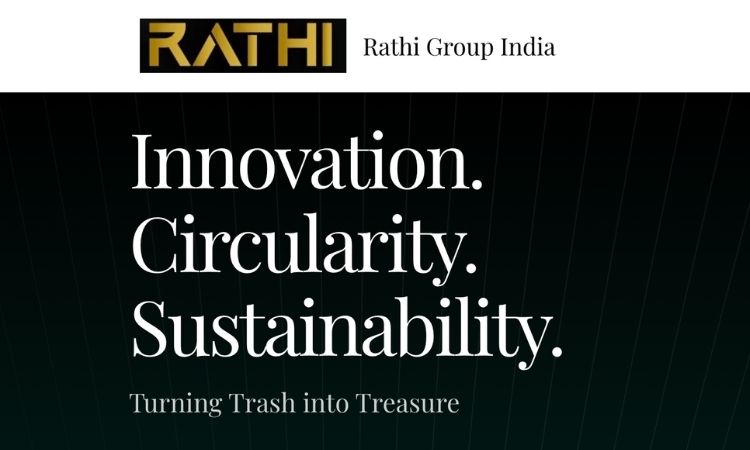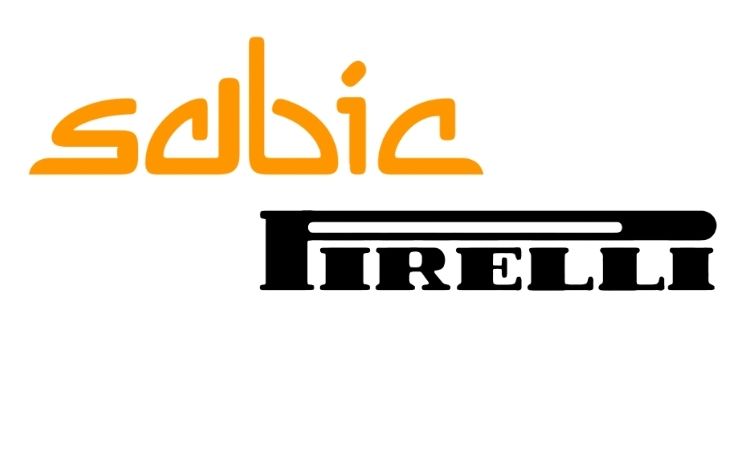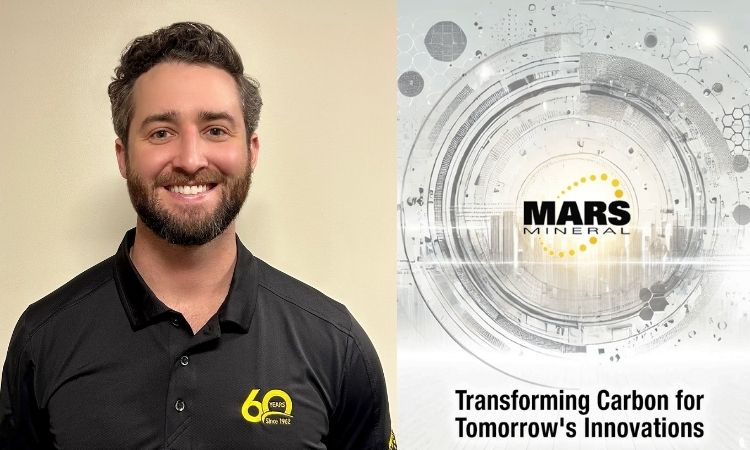India introduces draft regulations for Extended Producer Responsibility of end-of-life tires
India has taken a significant step towards implementing Extended Producer Responsibility (EPR) for waste tires with the introduction of draft regulations under the Hazardous and Other Wastes (Management and Transboundary Movement) Rules, 2016. The guidelines aim to streamline operations for producers and recyclers in compliance with the new EPR regime. The Tire & Rubber Recycling Association of India (TRRAI) recently organized a conference to discuss the challenges and opportunities facing the tire and rubber recycling industry in light of these developments.
The Central Pollution Control Board (CPCB) and the Ministry of Environment, Forest, and Climate Change (MoEFCC) have launched an EPR registration portal, making it easier for new and existing players to meet compliance requirements. While registration for producers and scrap tire importers has already begun on the portal, the registration process for recyclers is yet to commence.
Satish Goyal, President of TRRAI, stated that around 20 registrations have been made by producers, but there is still a need for the registration of manufacturers of B&C grade tires/tubes and flaps, as well as importers of scrap tires for recycling and disposal.
To support its 330 registered members, TRRAI has formed a dedicated group called "tyrecykle" to assist with the EPR process, including member registration and obtaining EPR certificates. Stakeholders have emphasized the importance of implementing standard operating procedures, registering recyclers under EPR, and addressing the issue of illegal pyrolysis plants to transform the sector into a profitable and environmentally friendly recycling industry.
However, concerns have been raised regarding the current EPR notification, which primarily focuses on the purchase of EPR certificates and timely filing of quarterly returns by tire producers. The process of certificate generation and the weightage assigned to various end products has resulted in a significant gap between the obligations of tire manufacturers and the availability of EPR certificates. Industry experts have called for an efficient functioning online portal, along with a review of timelines and weightage based on actual recycling capacity data, to ensure the successful implementation of the EPR system.
The EPR policy is expected to organize the unorganized sector of the retreading industry in India, which is currently split between organized and unorganized segments. It is estimated that approximately 800,000 tires are retreaded annually, and the new EPR policy aims to improve industry standards and formalize the sector. Suggestions have been made to provide input credit weightage for retreaders and manufacturers and to include associations like the Tyre Retreading Education Association (TREA) or retread companies in the steering committee for EPR of waste tires.
India produces around 650,000 tires and discards approximately 275,000 tires. The country imports around 300,000 tonnes of tires annually for recycling and disposal, accounting for about 6-7% of the global total of waste tires. However, these figures may be underestimated given the significant production and trade volumes in the Indian tire industry. The seminar organized by TRRAI and RLG brought together key stakeholders, including tire manufacturers, recyclers, retreaders, and policymakers, to discuss the implementation of EPR for waste tires in India.
Weibold is an international consulting company specializing exclusively in end-of-life tire recycling and pyrolysis. Since 1999, we have helped companies grow and build profitable businesses.









